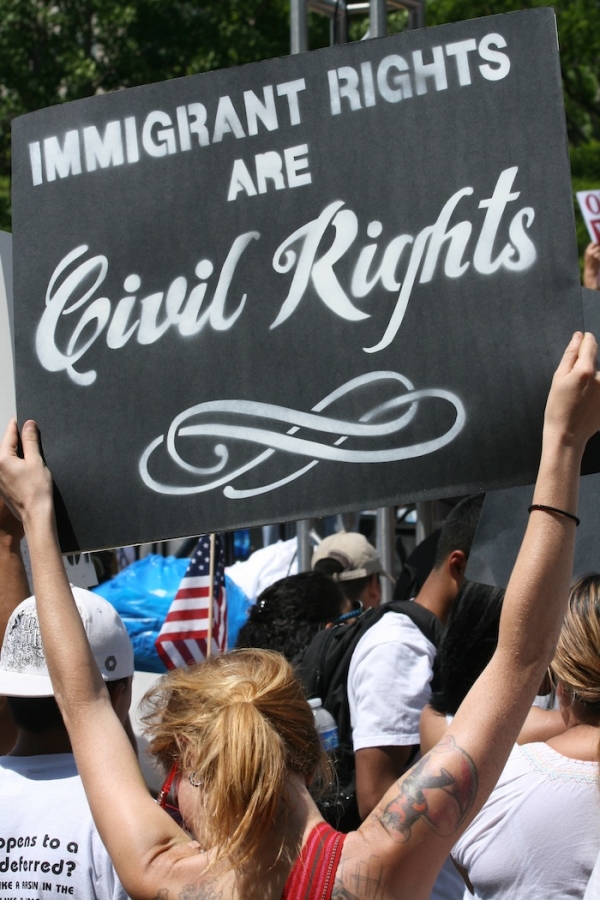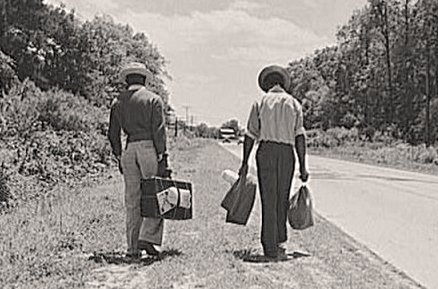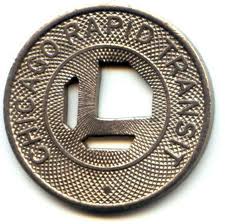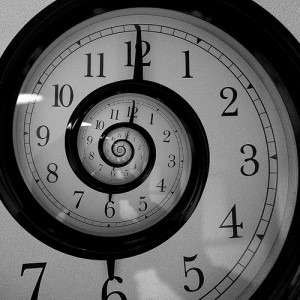Game Change
 After years of accommodating the innocuous religious convictions of Christians applying for drivers licenses without identifying themselves with an assigned card and number that bears no resemblance to them, the State of Illinois made a radical move to expunge the statute sub-clause allowing this religious exemption. Bundled with this clause was another that accommodated migrant workers from foreign nations and their families. Both were struck with the same vote.
After years of accommodating the innocuous religious convictions of Christians applying for drivers licenses without identifying themselves with an assigned card and number that bears no resemblance to them, the State of Illinois made a radical move to expunge the statute sub-clause allowing this religious exemption. Bundled with this clause was another that accommodated migrant workers from foreign nations and their families. Both were struck with the same vote.
However, within a year, the "undocumented worker" clause was reintroduced as a marvel of immigration reform. Non-citizens were granted rights, whereas the religious citizen remained excluded.
The Illinois Story 2012
 Two of the original Federal litigants that were refused driver's licenses in the State of Illinois for their religious conviction not to use a Social Security Number (SSN) for identification left their home state discouraged. It was impossible to attain the inalienable rights to travel, work, conduct business, or enjoy fishing and hunting; to function like their non-religious peers in the state where they were born.
Two of the original Federal litigants that were refused driver's licenses in the State of Illinois for their religious conviction not to use a Social Security Number (SSN) for identification left their home state discouraged. It was impossible to attain the inalienable rights to travel, work, conduct business, or enjoy fishing and hunting; to function like their non-religious peers in the state where they were born.
They had to abandon their home and neighborhood where they grew up, their family, friends and acquaintances, as their own government had rejected and shunned them as criminals; offering no guidance or assistance to accommodate their innocuous religious beliefs. The Secretary of State washed his hands with a rejection letter as the General Assembly toiled on a new bill to give immigrants greater rights and privileges.
Federal Court Skirts Religious Discrimination
February 2011
 In an unexpected move to deny the complainant's standing, a surrogate Federal judge ended a prolonged series of preliminary hearings where the Illinois Secretary of State had attempted to dismiss drivers license (DL) applicants accusing the Secretary of blatant religious discriminatory practices. The applicants sought a change of statutory rules that had allowed the Secretary to ignore their requests for DLs without using the Social Security Number (SSN) for identification.
In an unexpected move to deny the complainant's standing, a surrogate Federal judge ended a prolonged series of preliminary hearings where the Illinois Secretary of State had attempted to dismiss drivers license (DL) applicants accusing the Secretary of blatant religious discriminatory practices. The applicants sought a change of statutory rules that had allowed the Secretary to ignore their requests for DLs without using the Social Security Number (SSN) for identification.

The Illinois Story 2011
After a prolonged challenge in Federal Court by several Illinois citizens requesting religious exemption from providing Social Security Numbers (SSN) in exchange for driver's licenses due to their individual convictions not to obtain or use the SSN, the State of Illinois quickly passed a bill to remove the exemption that was incorporated in the Illinois statutes for many years. In a radical move to rescind the long-standing religious freedom, and rather than let a jury decide, a surrogate federal judge, an Illinois insider, was ushered in to cap the litigation regardless of conflict of interest.

Catch-22 Amish Style
This hypothetical example describes a man raised in the Amish understanding of the Bible, but no longer living in their community. He chooses to live by what he has accepted as Biblical truth, but is not currently a member of any particular religious association, though he considers himself a Christian. His individual religious belief - not to have photos taken - is protected by the U.S. Constitution, and it is not unlike that of a significant centralized belief system. His situation involves applying for tokens to utilize Public Transit to and from work. He does not have the photo ID required by the State to support a Homeland Security directive which prevents untraceable individuals from using public transportation.
State of the State
 A review of the Illinois statute and administrative code shows that the General Assembly has not fully addressed the issue of certain individual's bearing deeply held religious convictions not to use a Social Security Number as a universal identifier.
A review of the Illinois statute and administrative code shows that the General Assembly has not fully addressed the issue of certain individual's bearing deeply held religious convictions not to use a Social Security Number as a universal identifier.
Jesse White FOIA Requests and Responses
A short series of Freedom of Information requests were sent by an individual that was concerned that the State of Illinois was discriminating against Constitutionally protected individuals he knew that would not obtain or use Social Security Numbers in order to qualify for a driver's license. The first in the series challenged a blatant discriminatory practice.
Catch-22
 A logical paradox intended to manifest futility or noncompliance: if there exists a rule, no matter what the rule is, there will be an exception to it.
A logical paradox intended to manifest futility or noncompliance: if there exists a rule, no matter what the rule is, there will be an exception to it.
Whereas an individual needs remedy that can only be acquired by some action, an opposing action has been defined to nullify the effect of the individual's action. The fulfillment of the individual's need becomes illogical or physically impossible. Thus, there is no remedy.



